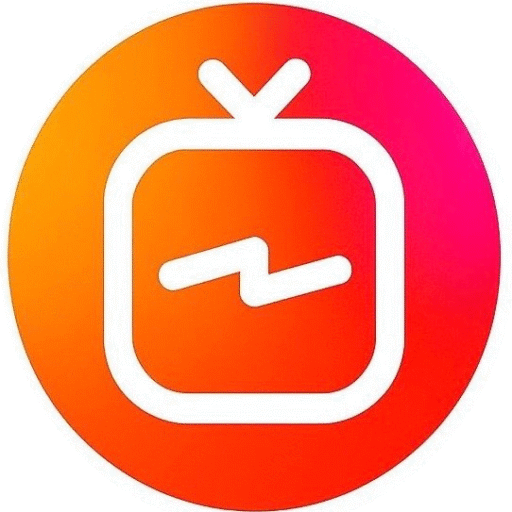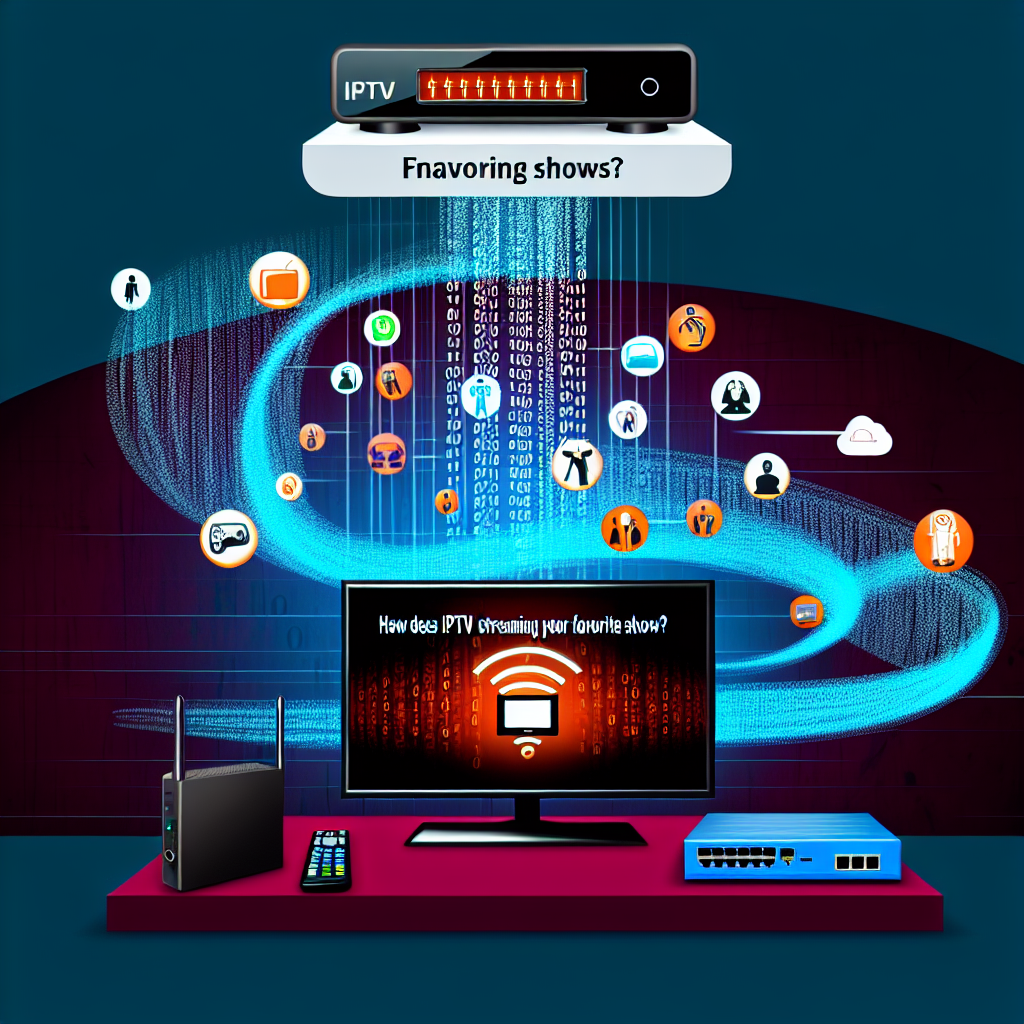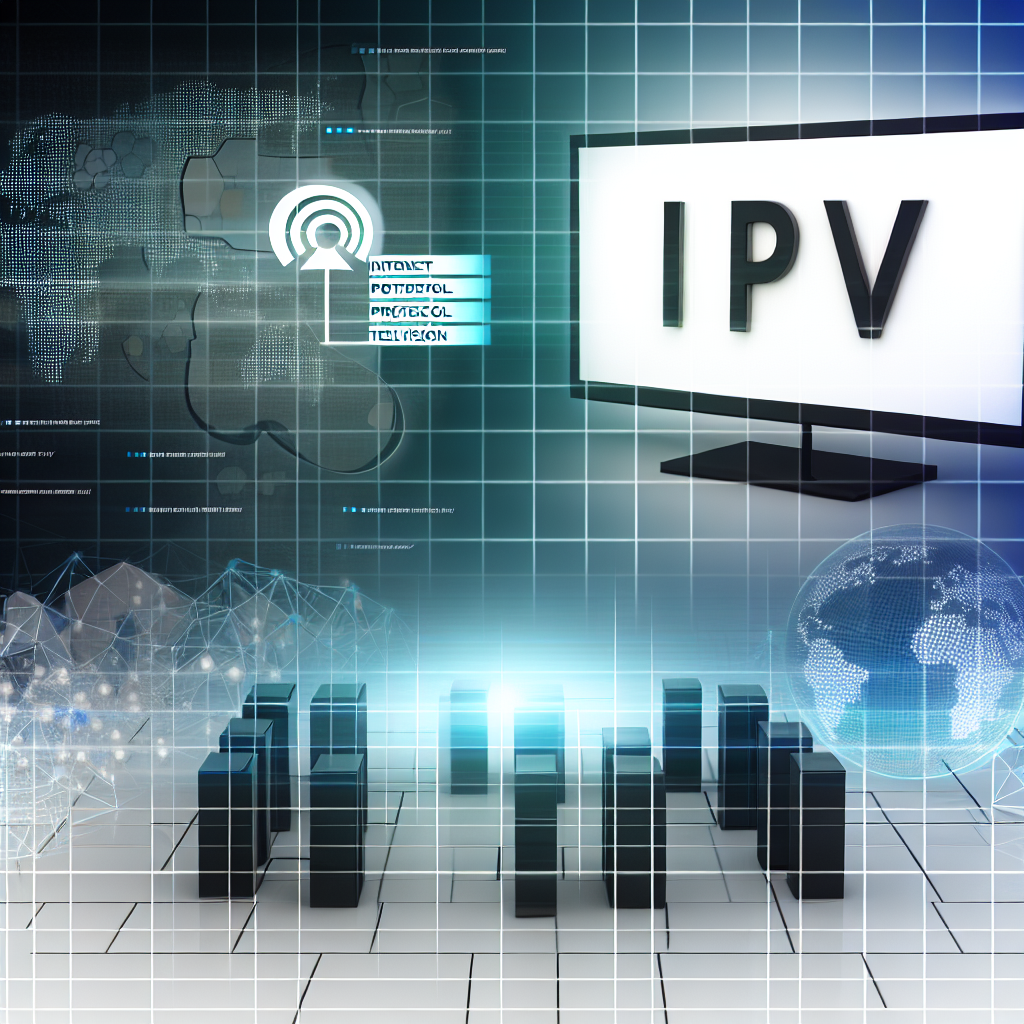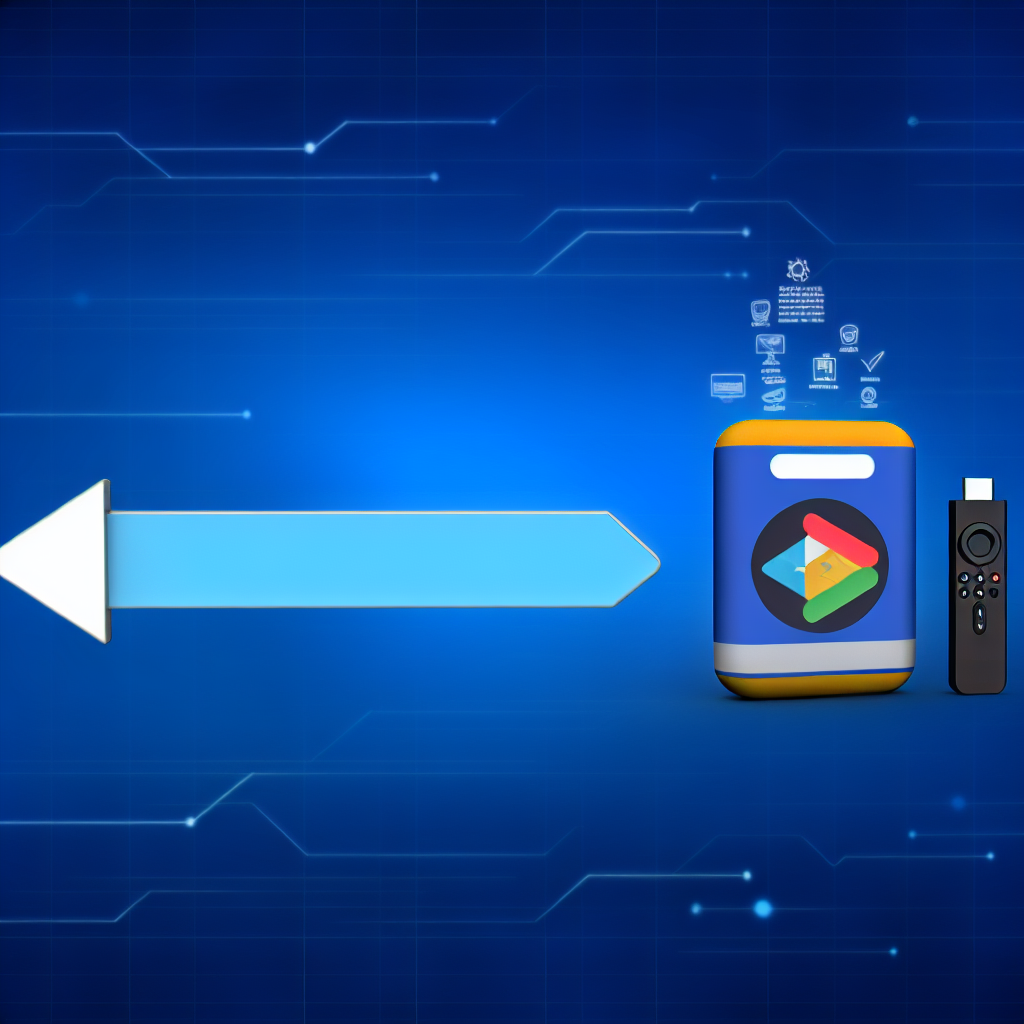How does iptv work for streaming your favorite shows? Read on to explore the ins and outs of IPTV technology in detail.
Table of Contents
- What is IPTV?
- How IPTV Works
- IPTV vs. Cable TV
- Benefits of IPTV
- How to Get Started with IPTV
- IPTV Free Trial
- Frequently Asked Questions
What is IPTV?
IPTV, or Internet Protocol Television, is a technology that delivers television programming and other video content via the internet using the IP protocol. Rather than relying on traditional cable or satellite services, IPTV streams video content directly to a device over a broadband connection. With IPTV, you have access to live TV, on-demand shows, and sometimes even video games—all from a single source.
This method offers significant advantages over traditional broadcasting methods and is rapidly becoming the preferred choice for many viewers. IPTV allows for more flexibility, interactivity, and often a more extensive library of content.
By switching to IPTV, viewers can take control of their watching experience and choose when and how they want to watch their favorite shows.
How IPTV Works
At its core, IPTV works by converting video content into data packets that can be transmitted over a network. This process involves several important steps:
H3: Content Acquisition
IPTV providers partner with various content creators, studios, and broadcasters to acquire the rights to stream their shows and movies. These partnerships can range from local networks to international ones, giving users a broad selection of options.
H3: Streaming Method
Once acquired, content is encoded and compressed for online distribution. The most common streaming method used in IPTV is called “multicast,” where a single stream is sent to multiple users at once, reducing data load and improving efficiency.
H3: Delivery Infrastructure
IPTV services utilize Content Delivery Networks (CDNs) to ensure that streams are delivered quickly and efficiently to users. CDNs consist of a network of servers strategically located to cache content closer to the viewer, minimizing latency issues.
H3: User Experience
When a viewer selects a program to watch, their device sends a request to the IPTV server. The server then processes the request and streams the video content back to the viewer’s device in real time. This process occurs fast enough that users can often watch content with little to no buffering.
For an even smoother experience, IPTV services may offer features like time-shifting, allowing viewers to pause or rewind live television, making it incredibly user-friendly.
IPTV vs. Cable TV
When considering your viewing options, you might find yourself wondering how IPTV compares to traditional cable TV services. Here are some critical differences:
H3: Flexibility and Choice
One of the standout features of IPTV is the flexibility it offers. Unlike cable TV, which often ties you into specific packages with channels you may not want, IPTV lets you choose what content you pay for. You can often subscribe to individual channels or packages that align more closely with your viewing interests.
H3: Quality of Service
In terms of streaming quality, IPTV aims to provide high-definition and even 4K options that can match or exceed the quality of cable service. However, this depends greatly on your internet connection’s bandwidth. If your internet is slow, you may encounter issues like buffering, while cable systems provide reliable quality over coaxial cables.
H3: Cost
IPTV services often cost less than traditional cable subscriptions. With no need for expensive equipment and the ability to customize subscriptions, many viewers find IPTV more economical over time.
H3: Availability of Content
Another significant advantage of IPTV is its ability to provide access to international content, regional shows, and specialized programming not typically available on cable networks. For instance, viewers interested in niche genres or international markets can get content easily through IPTV.
Overall, if you’re weighing the pros and cons, IPTV frequently comes out as favorable for its flexibility, content variety, and cost-effectiveness.
Benefits of IPTV
IPTV has gained immense popularity for good reasons, and knowing the benefits can help you decide if it’s the right choice for you. Here are some notable advantages:
H3: Customization
One of the most appealing factors is the ability to customize your subscription. You can pick and choose channels based on your interests, making it a perfect solution for picky viewers.
H3: Multi-Device Support
IPTV can be accessed from various devices, including smartphones, tablets, smart TVs, and computers. This versatility allows you to watch your favorite shows wherever you are.
H3: No Contract Obligations
Most IPTV providers do not require long-term commitments. This means you can try the service without the risk of being locked into a contract, which is often the case with traditional cable providers.
H3: DVR Capabilities
IPTV services frequently offer cloud-based DVR options, making it easy to record shows and watch them at your leisure. This is an ideal solution for those with busy schedules who don’t always have time to catch their favorite programs live.
H3: User-Friendly Interfaces
Most IPTV platforms provide a clean and easy-to-navigate interface, which makes it simple for users of all ages to find what they’re looking for. Better navigation means less frustration and more time enjoyed watching your favorite shows.
IPTV represents a modern twist on traditional television viewing, aligning well with the trends towards on-demand content.
How to Get Started with IPTV
Getting started with IPTV is simpler than you might think. Here’s a step-by-step guide on how to begin:
H3: Choose an IPTV Provider
The first step is selecting a reliable IPTV provider. Look for options that offer good channel selections, user reviews, and features that meet your needs. Check reviews on sites like TechRadar and Tom’s Guide for recommendations.
H3: Sign Up
Once you’ve chosen a provider, you’ll need to create an account. Most services offer a straightforward sign-up process, and many give you the option to test their service with an IPTV FREE TRIAL, so you can evaluate it before committing.
H3: Install the App
Most IPTV services provide an app that you’ll need to download on your device. Whether it’s a smart television or a mobile phone, follow the installation instructions provided by your chosen service.
H3: Configure Your Settings
After installation, log into your account and adjust any necessary settings. You may want to set the language, choose your favorite channels, or enable recording options.
H3: Start Watching
Now you’re good to go! Open the app, browse through the channels and on-demand content, and enjoy your favorite shows.
Getting started with IPTV is straightforward and can be done from the comfort of your home.
IPTV Free Trial
If you’re contemplating making the switch to IPTV but are still unsure, consider taking advantage of an IPTV FREE TRIAL. This allows you to experience various features and evaluate the content available without any financial commitment.
During an IPTV free trial, you can explore the channels offered, test the streaming quality, and assess the usability of the app. It’s a risk-free opportunity to determine if IPTV meets your entertainment needs.
Be sure to scrutinize what the trial includes—a range of content, device compatibility, and additional features like cloud DVR and multi-screen functionality would be great perks to check out.
Now might be the perfect time to jump in and experience the benefits of IPTV firsthand, placing you firmly in the driver’s seat of your viewing experience.
Frequently Asked Questions
H3: What is IPTV, and how does it differ from streaming platforms?
IPTV refers to the delivery of television content using the internet protocol rather than through traditional cable or satellite formats. Streaming platforms often provide a limited library of content, while IPTV services typically offer live TV, on-demand shows, and more customizable options.
H3: Is IPTV legal?
Yes, IPTV can be legal or illegal depending on the content being streamed and the licensing agreements in place. Always ensure that the service you are using has the appropriate rights to distribute the content you wish to watch.
H3: Do I need specific equipment for IPTV?
While you could use a compatible streaming device, most smart TVs and smartphones come ready to support most popular IPTV services. However, you may need an internet connection and possibly a subscription to the service.
H3: Can I use IPTV outside my country?
Most IPTV services allow users to access content while traveling internationally, but this depends on licensing agreements. Some services offer global content, while others may restrict access based on geographical location. Always check provider policies when traveling.
H3: What should I do if my IPTV service is buffering?
Buffering can occur due to a slow internet connection. Ensuring a stable internet connection, closing background applications, and, if possible, using a wired connection may help reduce buffering issues. Additionally, consider reaching out to your provider for support.
In summary, IPTV is revolutionizing how we consume entertainment, and with the right provider, you can enjoy greater flexibility, a more extensive choice of content, and noteworthy features tailored to modern viewing habits.
As a viewer, it’s worth exploring all that IPTV has to offer, especially through an IPTV FREE TRIAL.
Feel free to share this article with friends and family who might be interested in improving their viewing experience!




